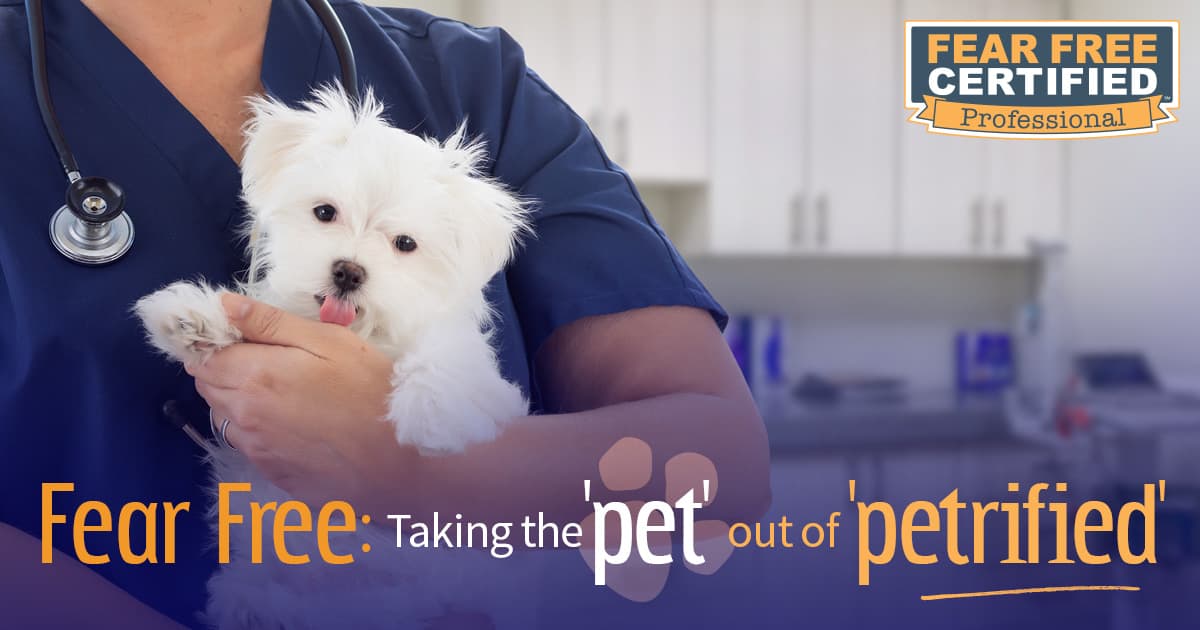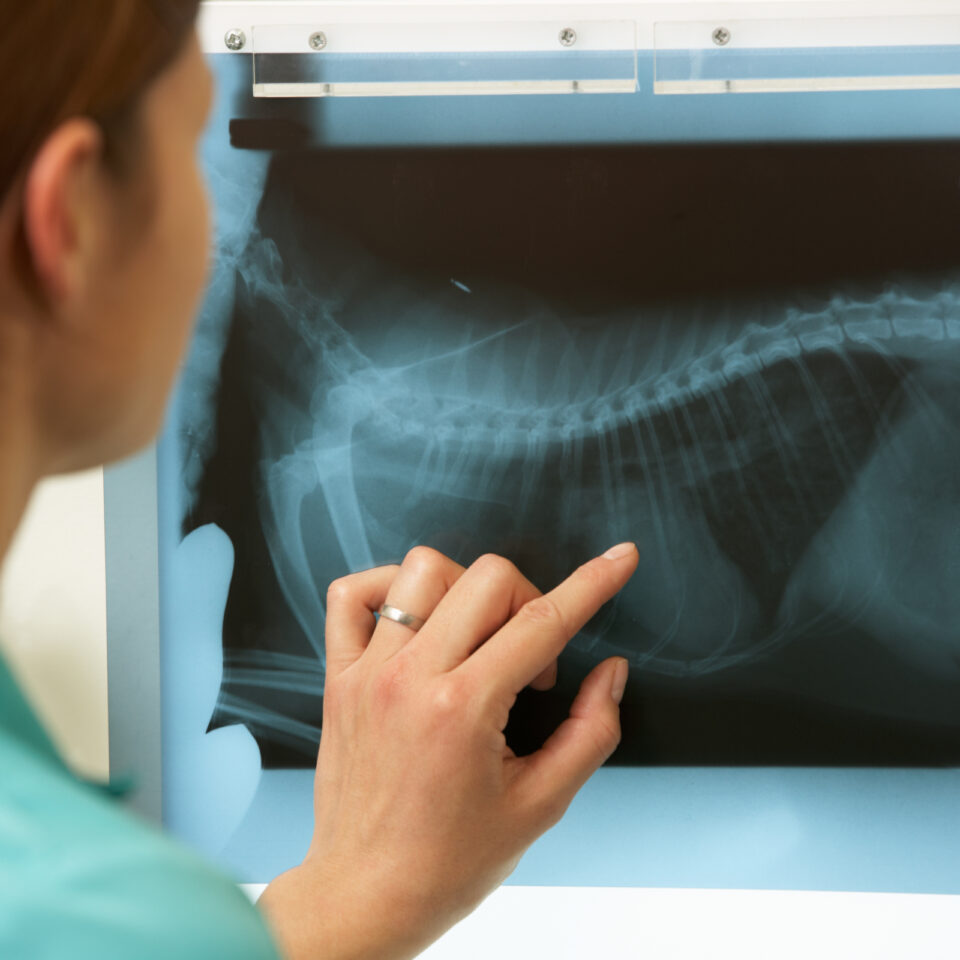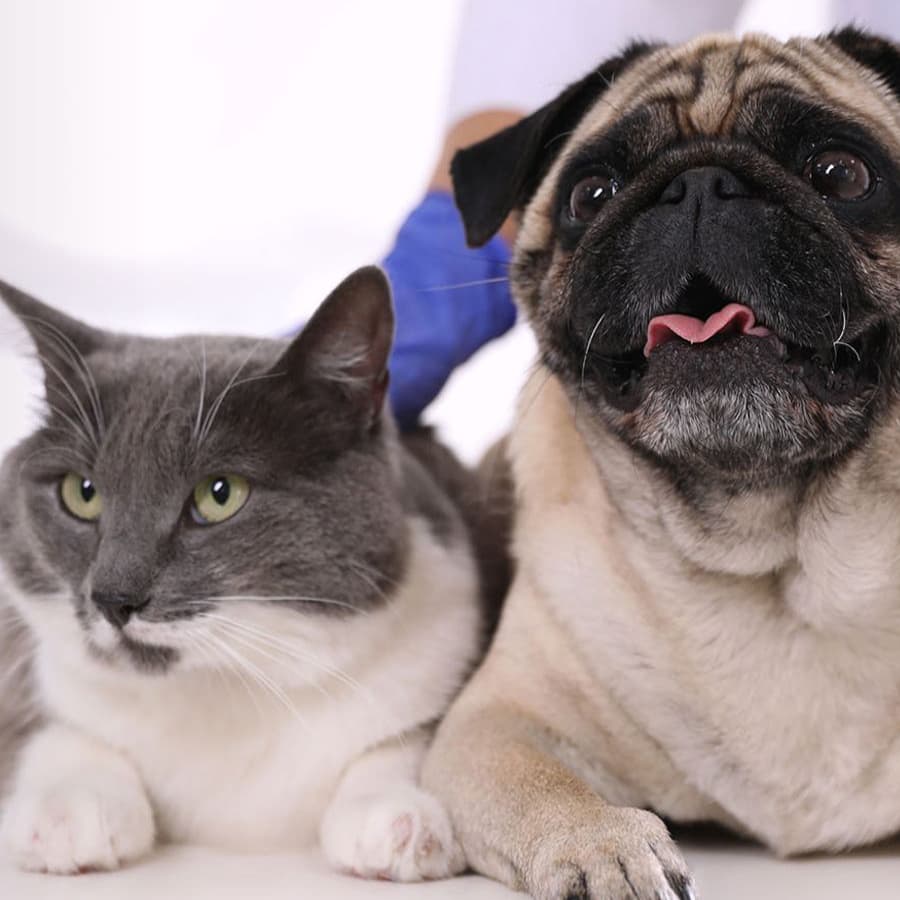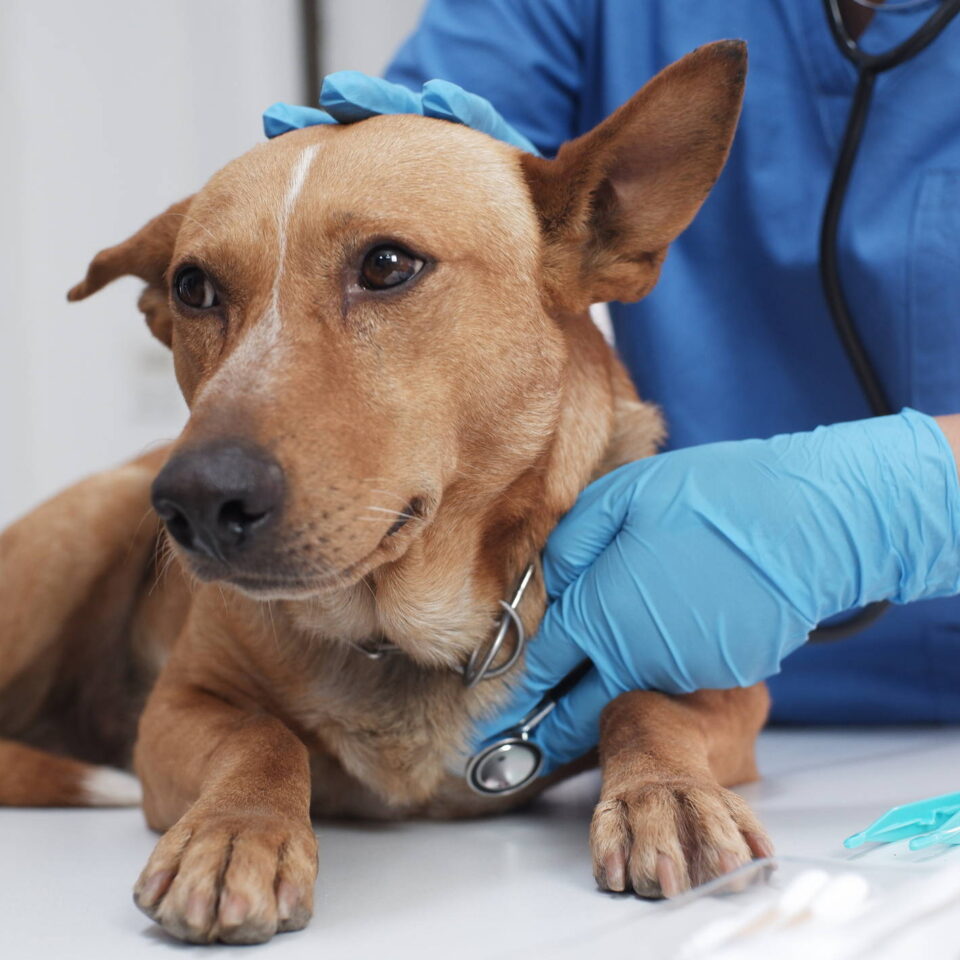Vaccinations

Vaccinations for dogs & cats
Vaccinations are crucial for pets because they help prevent the spread of infectious diseases, protecting them from serious illnesses. Vaccinating your pet also contributes to overall community health by reducing the risk of disease transmission to other animals and, in some cases, to humans. Regular booster shots, or the FVRCP vaccine for cats, can significantly improve the well-being and longevity of your pet.
Core vaccinations, are essential for all pets due to the severity of the diseases they protect against (such as rabies and distemper in dogs and cats) and are recommended for all healthy pets.

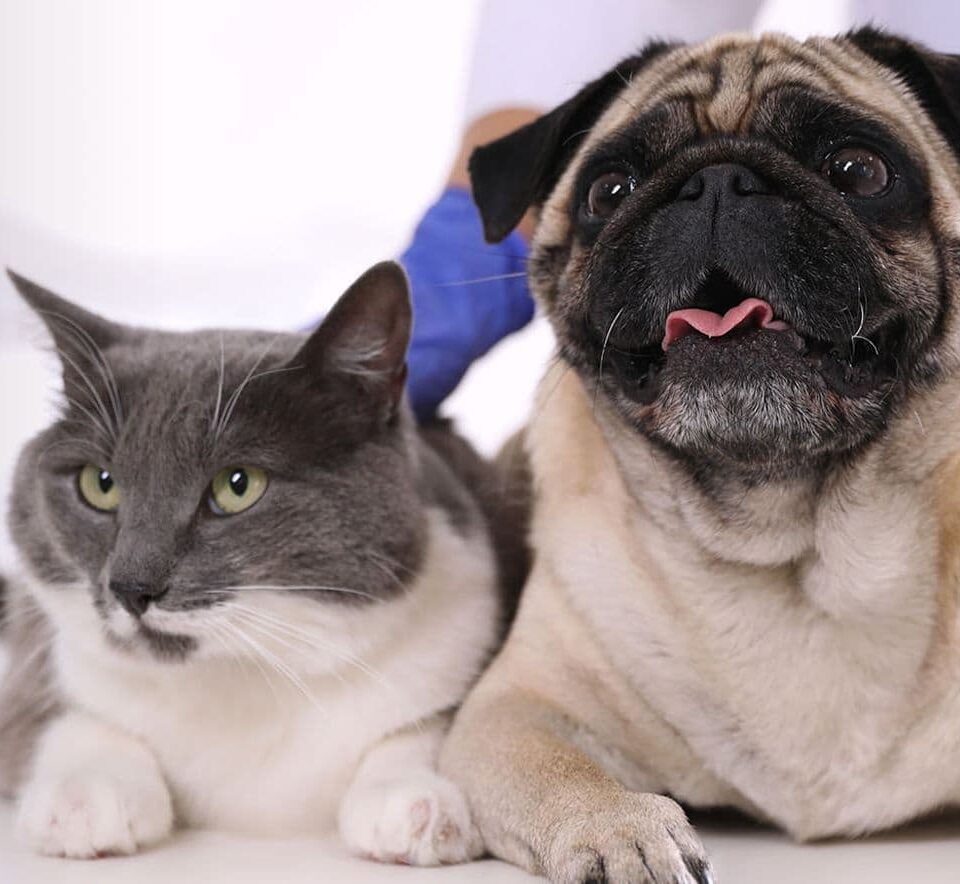
FVRCP cat vaccine
The FVRCP vaccine is a core vaccine for cats that provides essential protection against three serious diseases: feline viral rhinotracheitis (FVR), calicivirus (FCV), and panleukopenia (FPL). Often called the “distemper shot” for cats, it’s crucial for both indoor and outdoor cats.
Benefits of the FVRCP vaccine:
- Prevents severe illnesses: Protects cats from potentially fatal diseases
- Supports community health: Reduces disease transmission between cats
- Improves quality of life: Minimizes respiratory and gastrointestinal symptoms
Elective vaccinations (or lifestyle vaccines) are recommended based on factors like lifestyle and environmental risk, and will vary for individual pets. Your veterinarian can tailor lifestyle vaccinations to your pet’s specific needs, taking into account factors like location, exposure to other animals, and travel plans.

Rabies vaccine
The rabies vaccine is a critical component of pet healthcare, protecting dogs and cats from a deadly viral disease transmissible to humans. WCAC recommends scheduling regular rabies boosters to ensure your pet remains fully protected. Consult our doctors to maintain your pet’s vaccination schedule.
Benefits of rabies vaccination:
- Protects pets from contracting rabies through bites or scratches from infected animals
- Prevents the spread of rabies to humans and other animals
- Meets legal requirements for pet ownership
DHPP
Puppies start receiving the DHPP vaccine at 8 weeks old, with boosters every 2-4 weeks through 16 weeks. Adult dogs need regular boosters, annually or every three years, depending on your vet’s advice. The DHPP vaccine ensures your dog stays protected from severe illnesses.
The DHPP vaccine is a vital 4 in 1 immunization protects dogs against:
- D: Canine Distemper Virus
- H: Canine Adenovirus (CAV-1 & CAV-2)
- P: Parainfluenza Virus
- P: Canine Parvovirus


Lepto
Leptospirosis, a bacterial disease, endangers both dogs and humans. Dogs often contract it through contaminated water, soil, or direct contact with infected animals. Without timely treatment, symptoms can become life-threatening. Vaccination plays a vital role in prevention, and annual boosters ensure ongoing protection.
Schedule regular veterinary visits at West Creek Animal Clinic. Stay proactive with up-to-date vaccines to safeguard your dog’s health and protect your family.

Lyme
Lyme disease in dogs spreads through infected tick bites, leading to bacteria entering the bloodstream and often targeting joints or kidneys. Prompt treatment with antibiotics, typically lasting four weeks, can manage the condition. Prevention is key, and the Lyme vaccine offers essential protection. Regular tick prevention measures and vaccines help safeguard your dog’s health and reduce the risk of disease.
Symptoms can include:
- Lameness
- Fever
- Lethargy

Flu
Canine influenza virus (CIV) stems from two primary strains: H3N8, originating from horses, and H3N2, from birds. Vaccination plays a vital role in preventing severe illness and limiting the spread of CIV among dogs. WCAC recommends canine flu vaccine for dogs that frequent boarding, grooming, or daycare facilities.
For this highly contagious respiratory disease, look for the following symptoms:
- Coughing
- Fever
- Nasal discharge

Bordetella
The Bordetella vaccine helps protect dogs from Bordetella bronchiseptica, a primary cause of kennel cough—a contagious respiratory infection. Puppies typically start vaccinations between 6–8 weeks of age, with booster doses throughout their lives. Adult dogs receive boosters annually for continued immunity.
Benefits of the Bordetella vaccine:
- Reduces the risk and spread of kennel cough in group settings
- Minimizes symptom severity if infected
- Prevents complications like chronic lung disease
- Ensures eligibility for training, daycare, grooming, and boarding facilities


Feline Leukemia
The feline leukemia (FeLV) vaccine protects cats from feline leukemia virus, a contagious retrovirus that weakens the immune system and leads to serious health issues. Cats at risk, such as those spending time outdoors or exposed to infected cats, should receive this vaccine.
Key benefits:
- Prevents transmission of FeLV through saliva, urine, or grooming
- Protects against immune suppression and related infections
- Improves the quality and longevity of your cat’s life


Services
We are committed to providing compassionate primary pet care for your pet, treating both of you with dignity and respect. Above all, our goal is to enhance the human-animal bond and ensure it thrives. Consequently, as Richmond and surrounding communities grow, we plan to expand our practice, adding skilled doctors and team members to meet increasing needs.

